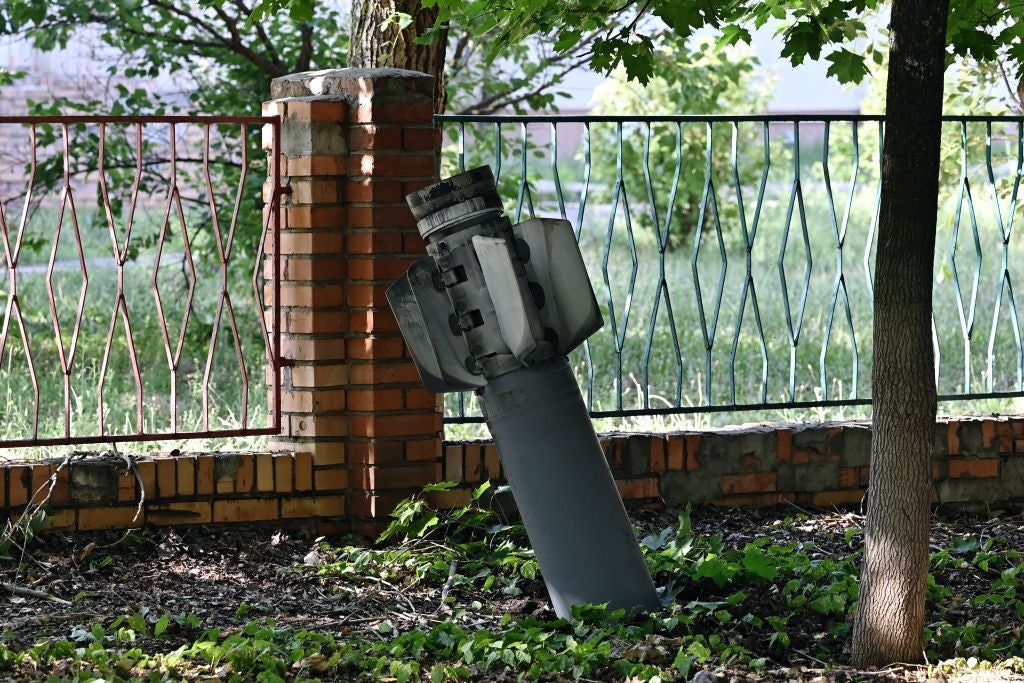Lawrence Freedman

In my first piece after the start of the Russian’s war in Ukraine, I argued that Vladimir Putin had made a huge blunder and that Russia could not win. I reached this judgement partly because Moscow had apparently failed its immediate objectives, despite enjoying the advantage of surprise on 24 February. I was cautious about how the clash of arms would play out because I assumed the Russians would soon learn to adjust to Ukrainian tactics and capabilities. (By my second piece, which I wrote on 27 February, I was more impressed by Russian military incompetence and sought to explain why this would continue to affect its operational performance.)
I believed that Putin would fail because this enterprise was launched on the basis of a deluded view that Ukraine was a country lacking both a legitimate government and a national identity, and so would therefore crumble quickly. On that first day, he expected to take down the Ukrainian government and replace it with a puppet. Even if this plan had succeeded, the Ukrainians would probably have continued to fight against a Russian occupation. But we can imagine how, if the Ukrainian president Volodymyr Zelensky had been killed or abducted, the Russians would have instructed a compliant government to invite their forces in to remove “Nazi” usurpers in Kyiv – though the invitation would have been retrospective. This is what happened in December 1979 in Afghanistan: the Soviet Union removed one leader in Kabul and inserted another, who then requested the Russian military intervention that was already under way.
The survival of Zelensky and his government was the first major setback to Russian plans. Their narrative was further undermined when those supposedly being liberated showed a lack of enthusiasm for the occupation. This sent a vital message to Ukraine’s supporters in the West that Russians would face serious resistance. Zelensky soon developed his own powerful narrative about the need for more weapons to defeat the Russians (“I don’t need a ride, I need ammunition”). The need for more and better weapons, and the ammunition to go with them, has been his clear and consistent message for the past four months.
Ialso noted in that first piece that “victory” is more of a political concept than a military one. By 25 March, when the Russian Ministry of Defence declared it was withdrawing from northern Ukraine to concentrate on the Donbas region, this required a new definition of Russian victory – one that would unavoidably be less ambitious than the original definition but also more ambiguous. The ambiguity has not been dispelled. The objective most consistent with recent operations is to conquer Luhansk, Donetsk and Kherson, with a view to their eventual annexation and Russification. But not only are they some way from achieving that (with much of Donetsk still in Ukrainian hands and the Russian position in Kherson highly contested), it would also require an explicit Ukrainian surrender for it to serve as the basis for a declaration of victory. That will not be forthcoming.
By contrast, Zelensky has been clear on what he means by a political victory. At a minimum, Russian forces must withdraw to the position of 23 February. Preferably the enclaves in Donetsk and Luhansk would be returned to Ukraine. Crimea in principle should be in play, although politically and militarily that would be more of a stretch.
To put all this out of Ukraine’s reach and to seal Russia’s gains, Putin could offer a ceasefire on the basis of the current distribution of forces. This might be a clever propaganda ploy, though the offer would be rejected. The military prospect for the Russians, therefore, is of a juddering, stuttering conflict lasting for some time without a definitive conclusion. This will place heavy demands on Russian forces because they will need to cope with a gathering insurgency in the occupied areas, and a long line to defend against Ukrainian forces. Their hope and expectation is that they might still get a negotiated conclusion, not because Ukraine will capitulate but because its Western backers will tire of the war and the heavy costs it is inflicting on their economies.
In this, as with his initial gambit on the war’s first day, Putin has underestimated the resilience of his opponents. If anything, the Western position has hardened in recent weeks: since the visit of the German chancellor Olaf Scholz, the French president Emmanuel Macron and the Italian prime minister Mario Draghi to Kyiv on 16 June; and then through the European Council, G7 and Nato meetings, all of which produced resounding declarations of support for Ukraine. The commitments have now been made to the point where a Ukrainian defeat will look like a Nato defeat.
No comments:
Post a Comment